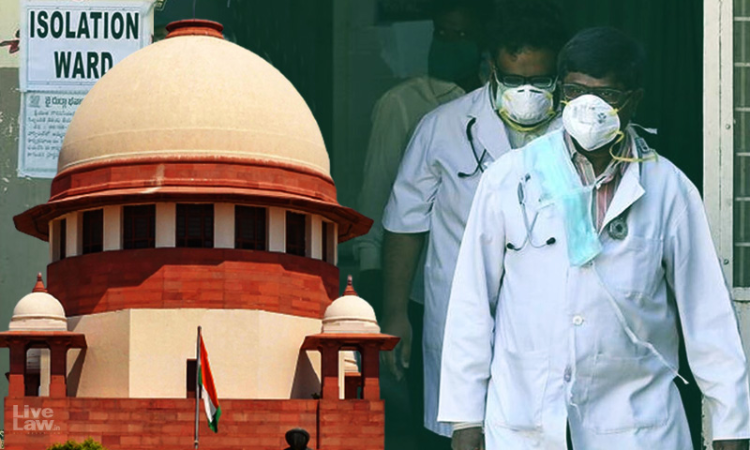State Cannot Plead Financial Burden To Deny Salary For Legally Serving Doctors : Supreme Court
LIVELAW NEWS NETWORK
3 Aug 2021 6:57 PM IST

Next Story
3 Aug 2021 6:57 PM IST
The Supreme Court has observed that the state cannot be allowed to plead financial burden to deny salary to legally serving doctors. Allowing such an excuse raised by the state would amount to violation of fundamental rights under Articles 14(right to equality) , 21(right to life) and 23(right against bonded labour) of the Constitution."The State cannot be allowed plead financial ...
